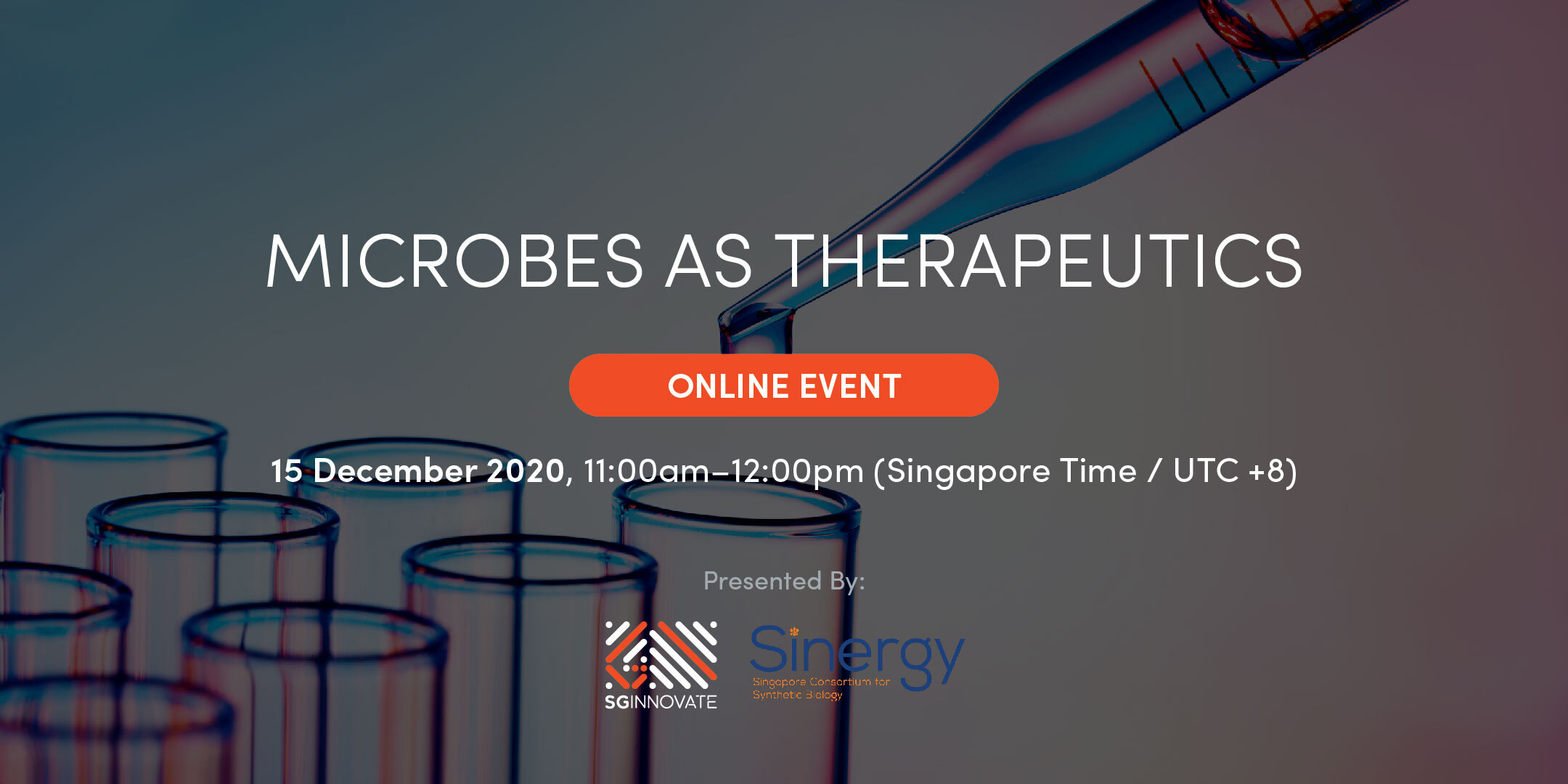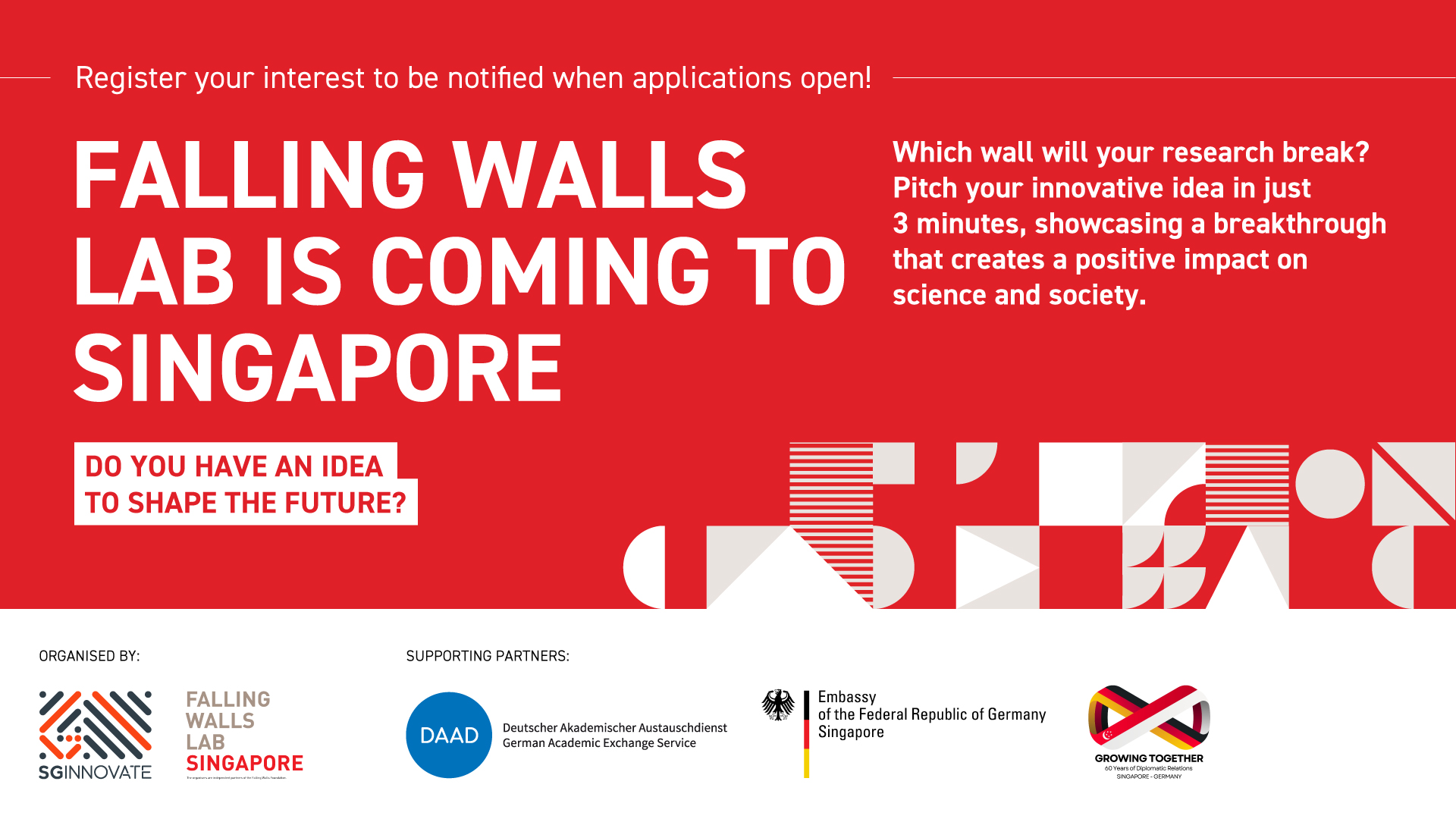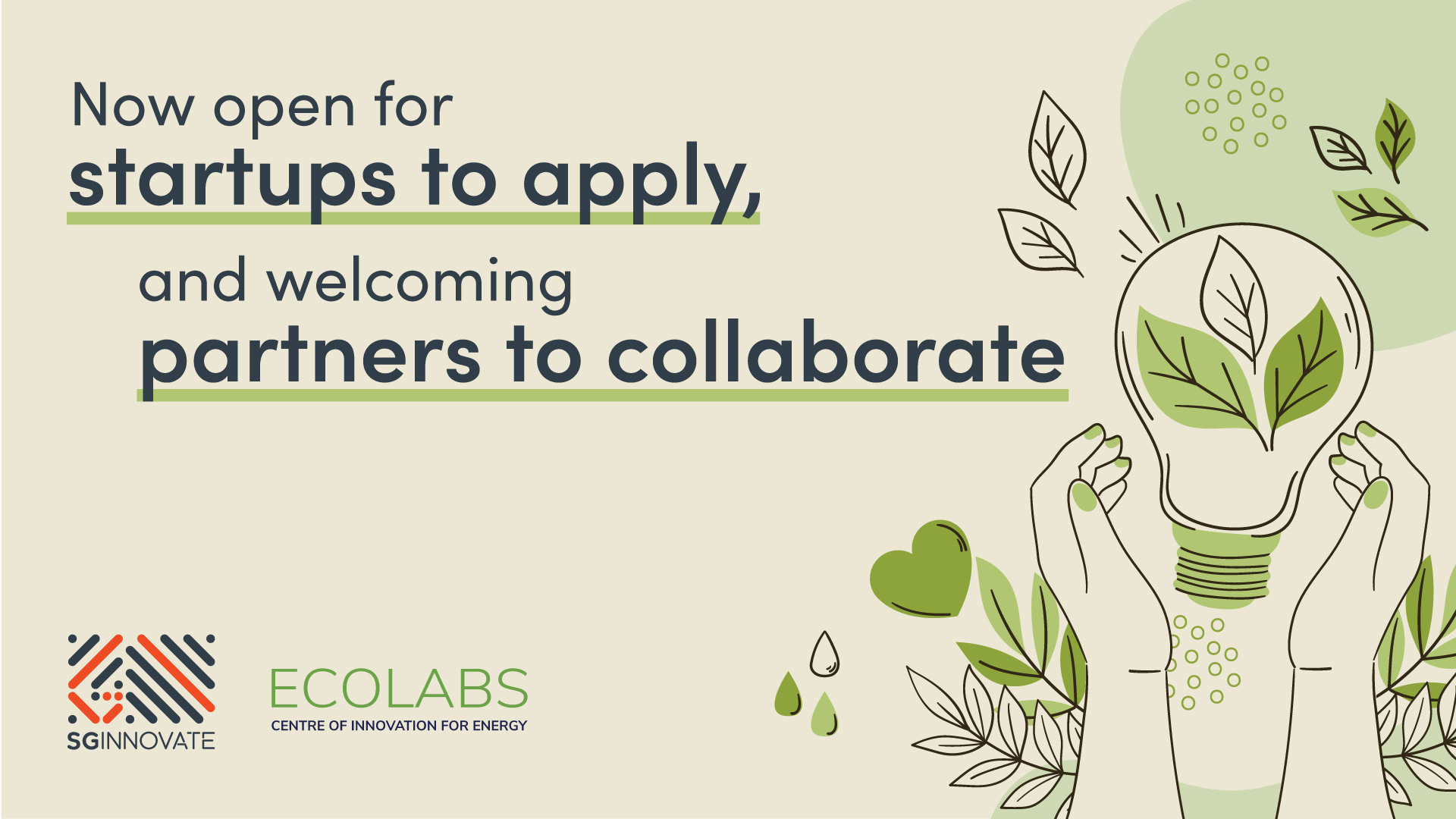Overview
The importance of the microbiome to human health has gradually been elucidated in recent years. The collective activities of the microbes - their metabolism, their interactions among different species, and their interactions with the host's immune system - play important roles in maintaining the health status of multiple systems, including the gastrointestinal, metabolic, and the neurological systems. Since the early 2000s, there had been multiple startups and non-profit clinical projects investigating the use of microbiome components as therapeutics for various diseases. With the development of synthetic biology, novel methods of applying genetically engineered microbes to specifically target certain disease mechanisms are also being developed.
In this webinar, Dr Jeremy Lim of Singapore's Asian Microbiome Library (AMiLi), Dr Yan Tan of China's XBiome, and Dr Jonathan Kotula of Felix Biotechnology (California, USA) will be sharing the latest development in translating microbiome research into therapeutic applications. They will also be sharing their entrepreneurial journey of utilising natural or engineered microbes to develop therapeutics.
The presentations will be followed by a panel discussion moderated by Dr In-Young Hwang, Assistant Professor of NUS, where they will discuss the outlook of the Microbiome field in Asia.
Date: 15 December, 2020
Time: 11:00am - 12:00pm (Singapore Time, UTC +8)
Programme:
11:00am - 11:05am: Opening Remarks by SGInnovate and SINERGY
11:05am - 11:13am: Presentation by Dr Jeremy Lim, Founder, Asian Microbiome Library (AMiLI)
11:13am - 11:21am: Presentation by Dr Yan Tan, CEO and Founder, Shenzhen Xbiome Biotech Co., Ltd.
11:21am - 11:30am: Presentation by Dr Jonathan Kotula, Head of Science, Felix Biotechnology (California, USA)
11:30am - 11:50am: Panel Discussion on Microbes as Therapeutics with:
- Dr Jeremy Lim, Founder, Asian Microbiome Library (AMiLI)
- Dr Yan Tan, CEO and Founder, Shenzhen Xbiome Biotech Co., Ltd.
- Dr Jonathan Kotula, Head of Science, Felix Biotechnology (California, USA)
- Moderator: Dr In-Young Hwang, Assistant Professor, National University of Singapore (NUS)
11:50am - 12:00pm: Q&A and Closing Remarks
Speakers' Profiles:
Dr Jeremy Lim, Founder, Asian Microbiome Library (AMiLI)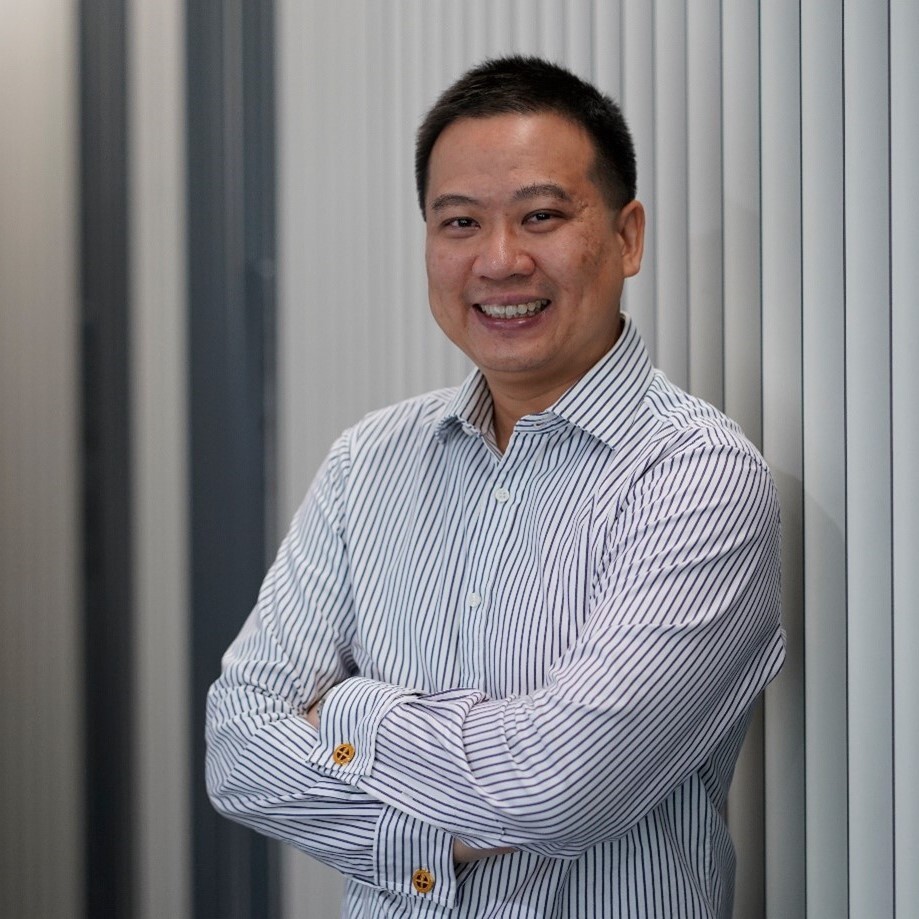
Associate Prof Jeremy Lim is CEO and Co-founder of AMILI (Asian Microbiome Library), Singapore's first precision gut microbiome company. A medical doctor trained in surgery and public health, Jeremy's last role in the public sector was as director of research in a large academic medical centre. Subsequently, Jeremy worked as an advisor to several pharmaceutical and medical device companies (including digital health) before launching AMILI with colleagues from NUS and the private sector.
He sees the gut microbiome as a powerful platform for enhancing human health and AMILI as an enabler, working with industry and academia of the discovery and application of insights into clinical practice.
He sees the gut microbiome as a powerful platform for enhancing human health and AMILI as an enabler, working with industry and academia of the discovery and application of insights into clinical practice.
Dr Yan Tan, CEO and Founder, Shenzhen Xbiome Biotech Co., Ltd.
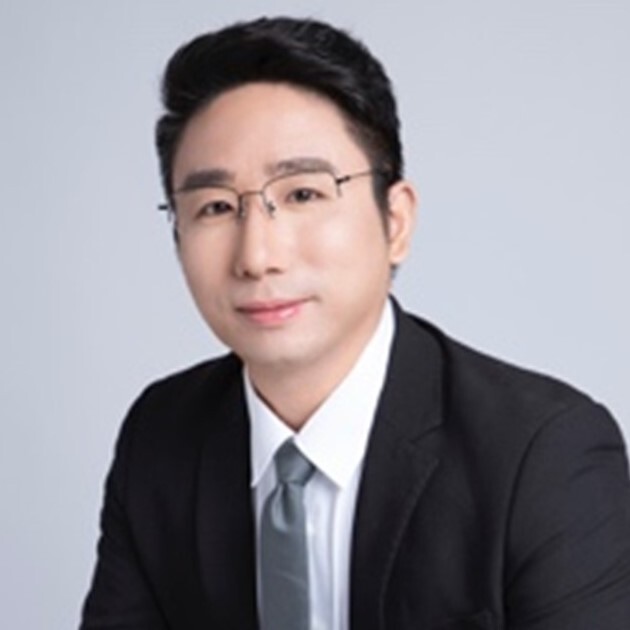
Yan Tan completed his PhD in computational biology and bioinformatics at the Broad Institute of MIT and Harvard and held a PhD degree in computational biology and bioinformatics from Boston University.
Dr Tan's research field spans bioinformatics, microbiology and immunology. One of his projects at Broad Institute pioneered the discoveries related to essential genomic modules predicting early vaccine efficacy as well as the conservation and divergence of the transcriptional response to viral infection in a mouse model and human disease. Specifically, the work using machine learning algorithm predicting immunity based on early-stage gene expression profiles was recognised as one of the most cited articles in 2014 by the European Journal of Immunology.
In November 2017, Dr Tan started his own company Xbiome, one of the pioneers in the AI-based microbiome drug development company in China. At Xbiome, he has led a team to develop a lot of pipelines to analyse metagenomics data and try to understand the mechanisms of the gut microbiome and human health. One of his team's work focuses on microbiome and cancer immunology. They have just reported the first comprehensive analysis of the gut microbiomes of gastrointestinal (GI) cancer patients receiving anti-PD-1/L1 treatment and has discovered the impact of gut microbiomes on anti-PD-1/L1 outcomes. For the last three years, Dr Tan's team have carried out several clinical collaborative studies with various well-known domestic medical institutions, and a variety of microbiome drugs have shown promising efficacy in a human study.
Dr Jonathan Kotula, Head of Science, Felix Biotechnology (California, USA)
Jonathan Kotula, PhD, is driven to pursue biotechnology solutions for human health challenges.He is an expert in synthetic biology and host-microbial interactions, with over 15 years of research and development experience. As the Head of Science at Felix Biotechnology, Inc., he leads the R&D team to engineer phage to treat antibiotic-resistant infections. He has led interdisciplinary teams of researchers to develop tools for bacterial genome editing for therapeutic purposes, has initiated research programs at biotechnology companies including Synlogic Inc. and Caribou Biosciences Inc., and is an inventor on several bacterial engineering patents. He has been invited to present his research at universities, museums, conferences, and radio shows. He holds a Bachelor of Science from Pennsylvania State University in biochemistry and molecular biology, a PhD from Duke University in molecular genetics and microbiology. He has conducted postdoctoral research in synthetic biology at Harvard Medical School and the Wyss Institute for Biologically Inspired Engineering.
Moderator's Profile:
Dr In-Young Hwang, Assistant Professor, National University of Singapore (NUS)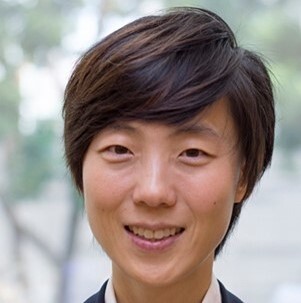
Dr In Young Hwang is a Research Assistant Professor at the Department of Biochemistry, of National University of Singapore (NUS), leading therapeutic cell and mammalian synthetic biology research at the Synthetic Biology for Clinical and Technological Innovation (SynCTI).
She has previously demonstrated how microbes can be programmed to execute antimicrobial activity against human pathogen with high degree of specificity. Her research currently focuses on understanding and reprogramming the functionalities of microbiomes for human health and therapy.



